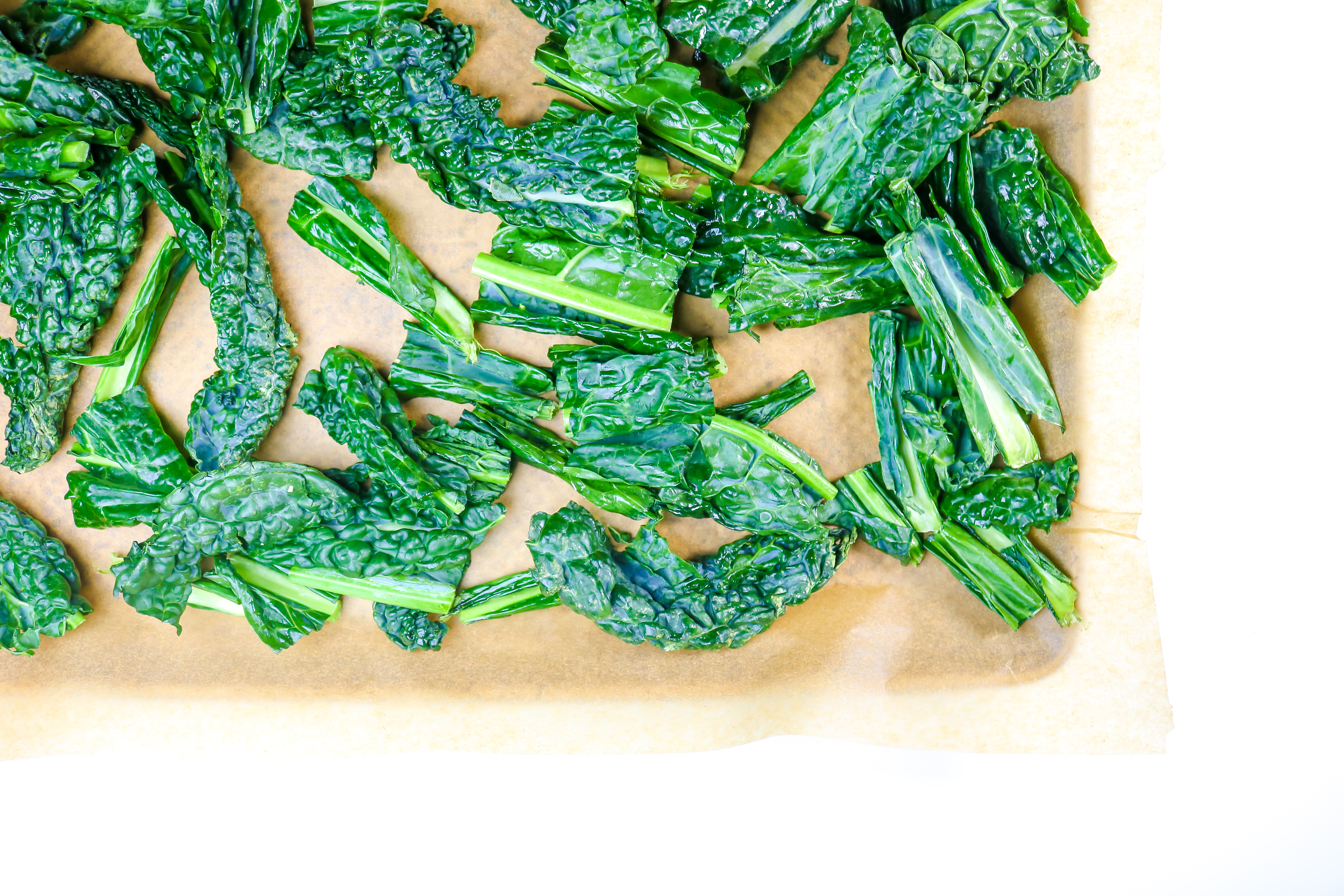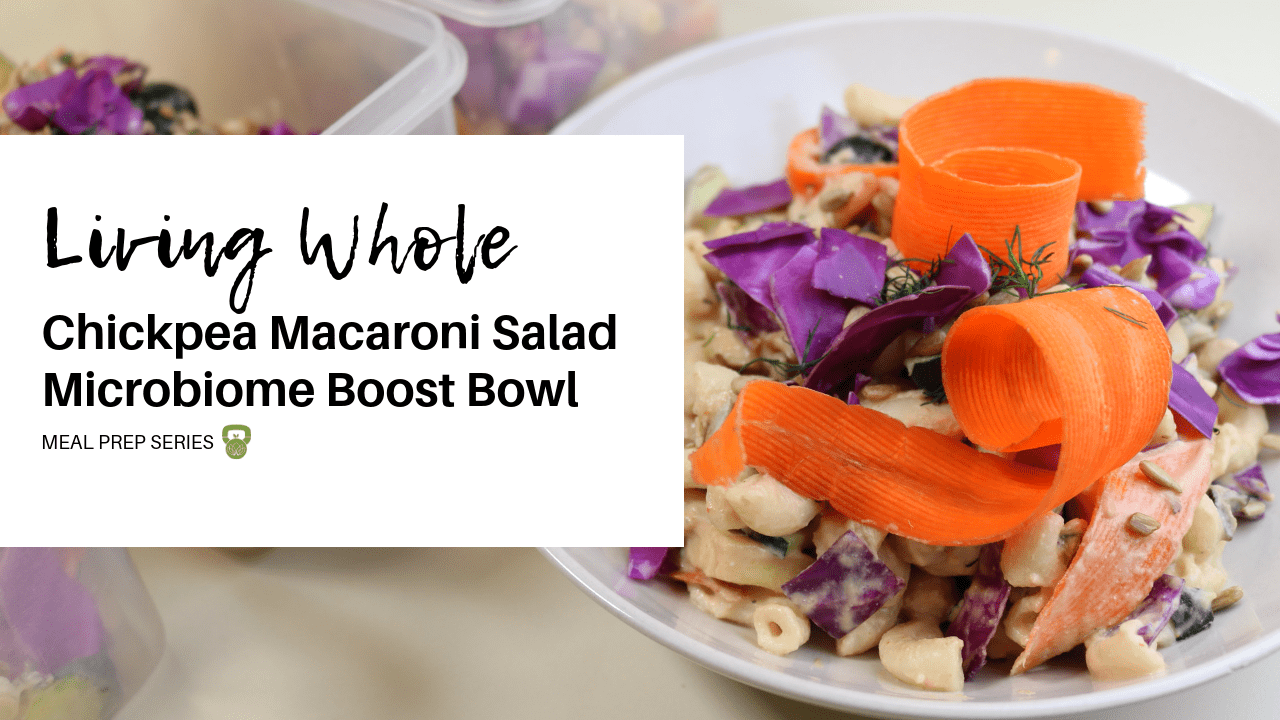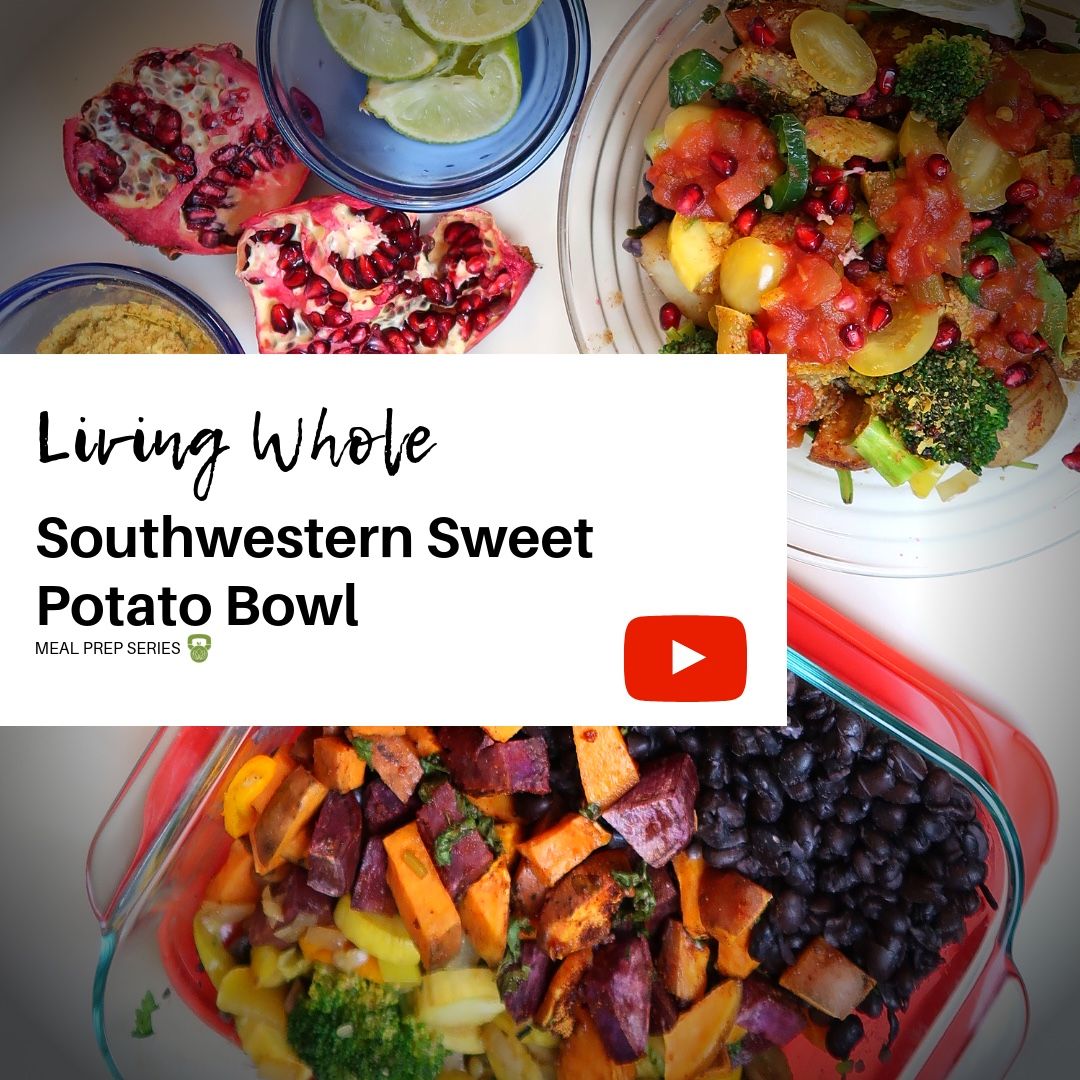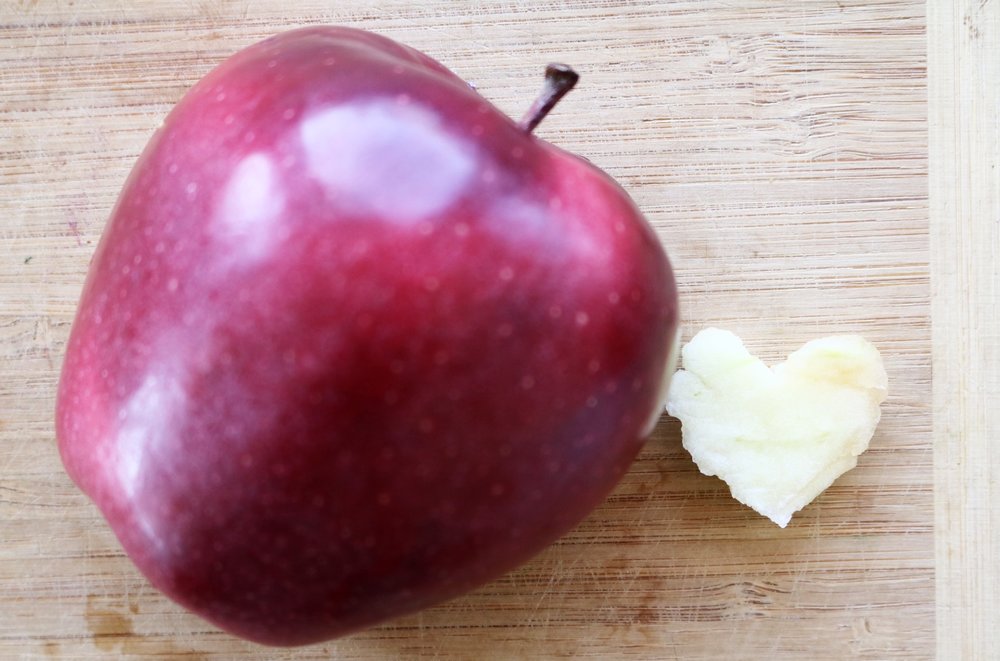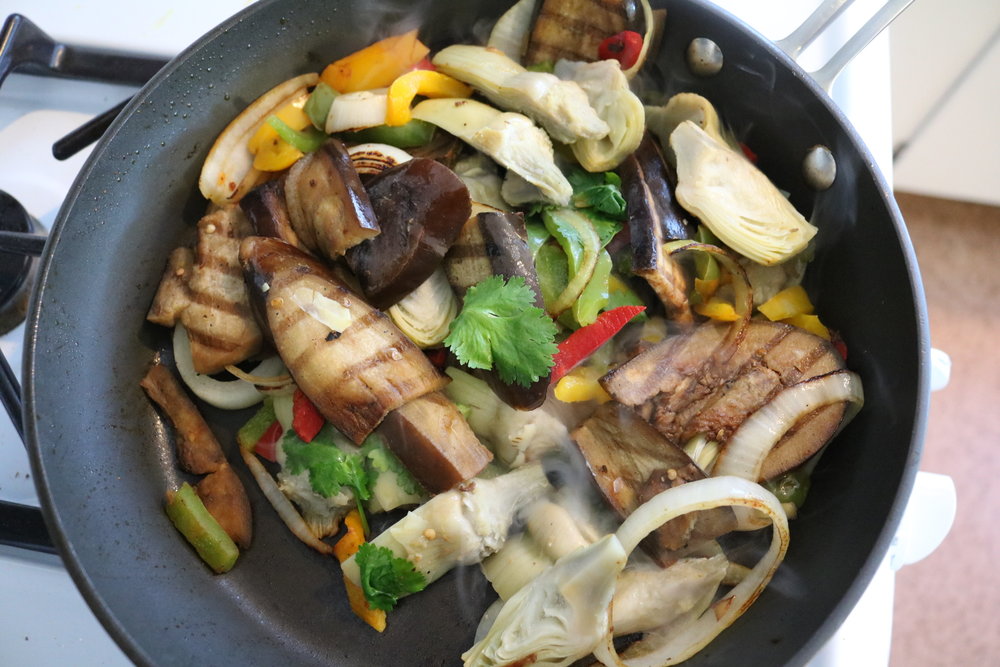Saving Money on a Plant-based lifestyle doesn’t have to be hard. IN FACT, I have found that it just takes a little bit of know how. With my experience for the past several years completely radiantly, vibrantly plant-based.. I have found a few bits of know how through both common sense and trial and error.
Here are tips for saving money on a plant based lifestyle.
Generally foods in bulk with longer shelf life will be an asset to your pantry. Try buying pantry items like whole grains (oats, brown rice, quinoa), dried or canned beans and lentils, dried spices and herbs, frozen veggies and fruits, plant milks, tea, coffee, jarred or canned goods (tomatoes, tomato sauce, marinara sauce, olives), dried fruits, sun-dried tomatoes, dehydrated mushrooms, whole grain pasta, nuts, and seeds at reputable, cost conscious stores.
Adventure out to your local farmer’s markets for fresh, local, seasonal fruits and vegetables. Try to show up towards the end of the day, when farmer’s will typically discount or give away their remaining items. I have personally benefited from this because I show up support local, am a friendly face, and treat them with grace and kindness. I LOVE supporting local farmers markets and the people involved. They are often times the backbone of communities. You can opt to buy from farms that may not yet be certified organic (it takes years and costs tons of money to be certified), but choose not spray their crops with pesticides.
Stay away from the center aisles of the grocery stores. This will minimize or allow you to completely avoid processed/convenience foods. They wreck your health and your wallet. Packaged food costs more because of the convenience factor. Plus they have to pay for all that sweet marketing and production costs that got you to think about buying into their false health food claims and food-like substances. You are positively more benefited by eating whole foods (or a close to whole form with MINIMAL ingredients on the ingredient list- we are talking 3-5 max) than to buy formulated, chemically derived crap that resembles food.
Get to cooking, even if its SUPER simple. Simple cooking skills – such as preparing grains and legumes, warming up homemade soups and stews, roasting chopped vegetables, blending smoothies, dressings, and sauces are easy to learn and will save you tons of money. These staples are the most nourishing meals to make, keep in the fridge, possible freeze for late, and enjoy on the regular. Meal prepping foods on Sundays have saved me SO SO much time and money, not to mention daily dishes!
Prepare and plan to succeed. Meal planning for the week doesn’t have to be extravagant. Decide a simple idea for the week, check the kitchen pantry and fridge to see which ingredients are needed, make a grocery list and STICK to it to avoid impulse grabs, and overspending.
My most important life hack, rule, whatever you want to call it: never EVER grocery shop hungry. Hunger will make your eyes bigger than your stomach, rack up your grocery bill, and lead to food waste in the fridge.

